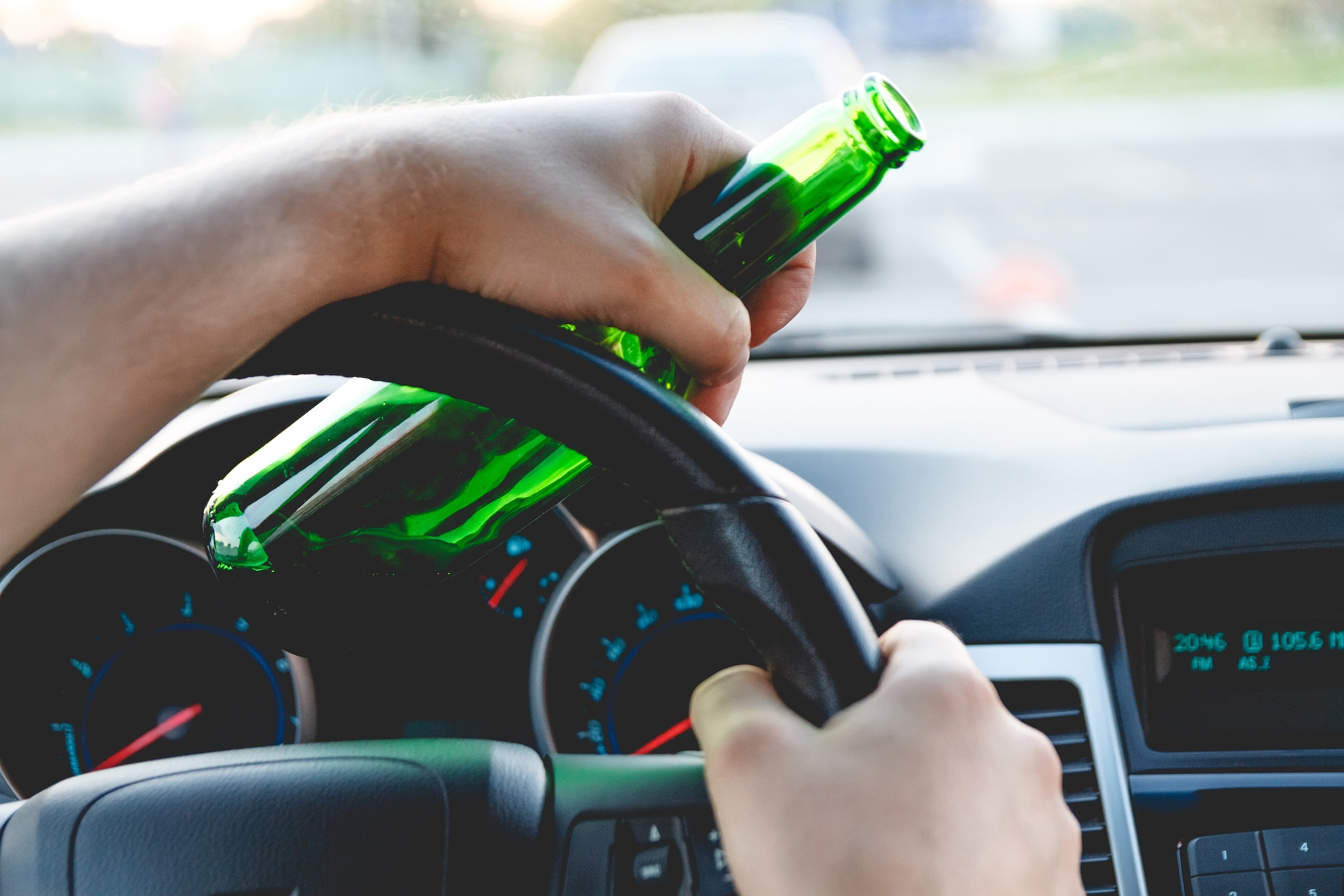When Do You Need a Lawyer When Facing a DWI Charge?
An arrest and charges related to Driving While Intoxicated (DWI), like any other alleged crime, can be a frightening experience. In New York, DWI is either charged as a misdemeanor or felony, depending on the facts or prior DWI convictions in New York or another state within 10 years. (Driving While Ability Impaired (DWAI) is a traffic infraction and not a crime.) Like other crimes, the timing of obtaining a lawyer following a DWI arrest is critically important.
The qualified right to counsel in DWI arrests
The right to counsel in New York falls under both the U.S. Constitution and state constitution, which is stronger the federal law. Under the 6th Amendment to the U.S. Constitution: “In all criminal prosecutions, the accused shall enjoy . . .the assistance of counsel for his defense.” The protections under the state constitution under Article I, Section 6, are known as the indelible right counsel.
Generally speaking, the right to counsel attaches-or begins-upon one of 3 triggering events:
1. The commencement of a criminal prosecution, which is usually at a person’s arraignment;
2. By retaining at attorney, prior to or following an arraignment; or
3. By requesting counsel or invocation of the right to counsel when in police custody.
 However, the timing of the right to counsel in DWI differs somewhat from other crimes. Normally if a person is in custody and the police want to ask questions that could reveal evidence of a crime, the Miranda rights will be read, which include the right to remain silent and the right to an attorney.
However, the timing of the right to counsel in DWI differs somewhat from other crimes. Normally if a person is in custody and the police want to ask questions that could reveal evidence of a crime, the Miranda rights will be read, which include the right to remain silent and the right to an attorney.
When a person is detained for suspicion for DWI, he or she is offered an opportunity to submit to a chemical test, which is usually a breathalyzer, to determine blood alcohol content (BAC). A chemical test like a breathalyzer does reveal evidence of a crime. And, a person has the right to refuse the chemical test. However, under Vehicle and Traffic Law § 1194(2)(b), a driver’s license is automatically suspended if a person refuses to submit to a breathalyzer or other chemical test after being told the consequences of a refusal. Usually police will say, “Now that I’ve read you the warnings, will you submit to a chemical test?”
The answer to the question and the decision to submit or not to submit to a chemical test—usually reduced to the question to blow or not to blow into a breathalyzer—is one of the most important decisions a person can make following detention by police for DWI. The result of the chemical test, a BAC reading, or refusal to do so, will have an enormous impact a DWI case. One might think therefore a person has the right to consult with counsel before answering whether or not to take the test. However, the right is only a qualified right.
In People v. Gurnsey, a case that dates back the late 60s, New York’s highest court held that a person who is detained for DWI has a qualified right to counsel. That means that a person may ask to contact an attorney for advice before deciding whether or not to take a breathalyzer or chemical test. A more recent decision, People v. Smith, summed up the rule:
[T]here is no absolute right to refuse to take the test until an attorney is actually consulted, nor can a defendant use a request for legal consultation to significantly postpone testing. “If the lawyer is not physically present and cannot be reached promptly by telephone or otherwise,” a defendant who has asked to consult with an attorney can be required to make a decision without the benefit of counsel’s advice on the question.
That means that a person who is detained for DWI, read the chemical test refusal warnings and is asked to take a chemical test cannot refuse to answer the question or postpone the test until speaking to an attorney. If a person is given an opportunity to contact an attorney and still refuses to answer the question, the delay could cause police to mark the test as a refusal. There is no hard and fast rule about the duration of time police should allow for a person to reach an attorney before requiring an answer. I have seen between 15 minutes and 30 minutes, and it’s rare for the period to be longer.
What if the qualified right to counsel is violated during a DWI arrest?
If a person requests to speak to an attorney before deciding whether or not to submit to breathalyzer or other chemical test and the police deny access, then the BAC result or refusal may be suppressed. That means, in the event of suppression, neither could be used as evidence for trial. However, whether or not access was denied is a question for fact for a judge to decide. Every case is fact specific.
If a person is given access to call an attorney and the police only allow a brief time before requiring an answer, it is still possible that either the BAC result or refusal could be suppressed. It depends on how much time police allow for a return phone call, and if and when the attorney answers or calls back. Again, each case is fact specific.
You need a lawyer even if you have never been arrested prior to the DWI
Some people believe that if a DWI case is their first arrest then hiring a lawyer is an unnecessary expense. This is false! Even if the DWI charge is “only” a misdemeanor, a person can still be sentenced to up to one year in prison and other sanctions like a license suspension or revocation, drinking and driving education classes, ignition interlock devices and fines and surcharges. In other words, even a first-arrest DWI is serious matter that requires the attention of an experienced and knowledge criminal defense attorney.
The typical first arrest for a DWI resulting in misdemeanor charges involves one of two circumstances. First, a chemical test result of at least .08% BAC, usually by breathalyzer. Second, the refusal to submit to a chemical test when police have probable cause to believe that a person was driving while intoxicated, which usually involves observations of the signs of intoxication like watery and bloodshot eyes, an odor of an alcoholic beverage and/or slurred speech.
Quite obviously, the penalties for felony DWI are more severe then misdemeanor DWI. For example, if a person is convicted of a felony DWI there is maximum prison term is up to four years for a first conviction. In addition, felony DWI carries sanctions like a license suspension or revocation and ignition interlock devices for a period that may be longer than misdemeanor DWI, in addition to drinking and driving education classes and steep fines and surcharges.
There are two ways a person is charged with felony DWI. First, if a person commits misdemeanor DWI and there is a child who is 15 years or younger is in the car. Second, the more common occurrence, is if a person has been convicted of DWI within the last 10 years. The conviction does not need to be in New York—it could be in any state.
If you are charged with DWI you need an experienced DWI lawyer
If a person arrested for DWI has a prior conviction and is facing a felony, the need for an experienced attorney is even more severe. A knowledgeable DWI defense attorney can help make the difference in your case. As described above, DWI laws are complex—and the qualified right to counsel is only one narrow area of DWI law.
Feel free to give me a call, or set up an appointment to talk about your case. I will be happy to sit down with you, listen to you explain what did or didn’t happen and examine paperwork related to the case. Allow me to put my experience to work for you.





